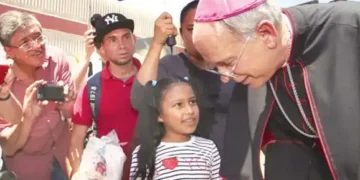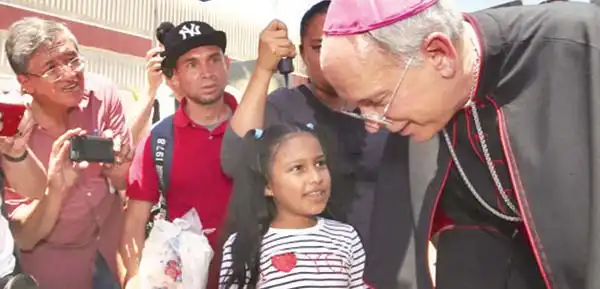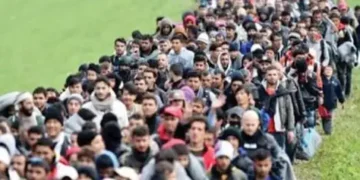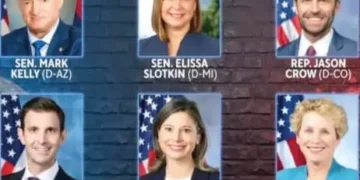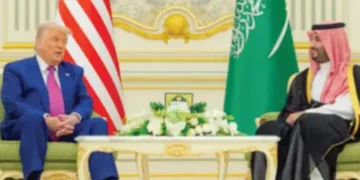Blitz Bureau
BALTIMORE: As US Catholic bishops gathered for their annual fall meeting here, the spectre of President-elect Donald Trump’s resounding victory hung over the proceedings, reported Associated Press. In a letter read at the opening of their public sessions, the bishops asked Pope Francis to “pray for the people of the United States” during this post-election transition, it said. “We pray that the transfer of power will be peaceful, and that the incoming administration will promote the life and dignity of all people,” the letter read.
The Trump administration offers promise and peril for American Catholic leaders’ top policy concerns, which include abortion and immigration. Catholic teaching prioritises both the end of abortion and the humane care of migrants. In Trump, as for many US Christians, Catholics find an imperfect standard-bearer.
His anti-abortion rhetoric has been mixed: While Trump has taken credit for the end of federal abortion rights, he has waffled on the concept of a national abortion ban and said abortion policies should be left to the states to decide.
On immigration, he provides a less sanguine picture for Catholic prelates. Trump has campaigned three times on harsh immigration policies and vowed to carry out “the largest deportation operation in American history.” Archbishop Timothy Broglio, President of the US Conference of Catholic Bishops, noted in his opening address that the bishops “certainly do not encourage illegal immigration.” Rather, he said they would “encourage immigration reform, while we continue to care for those in need who cross our borders.”
Bishop Mark Seitz of El Paso, Texas, who chairs the US bishops’ committee on migration, said in an interview, “We’re very, very concerned about the impact of all this,” referring to Trump’s anticipated immigration measures. Catholic and faith-based organisations have long shouldered most of the care of migrants on both sides of the US-Mexico border. For those migrants in his border diocese fleeing violence or facing deportation, Seitz said, “We hear the fear that they live with every day.”
